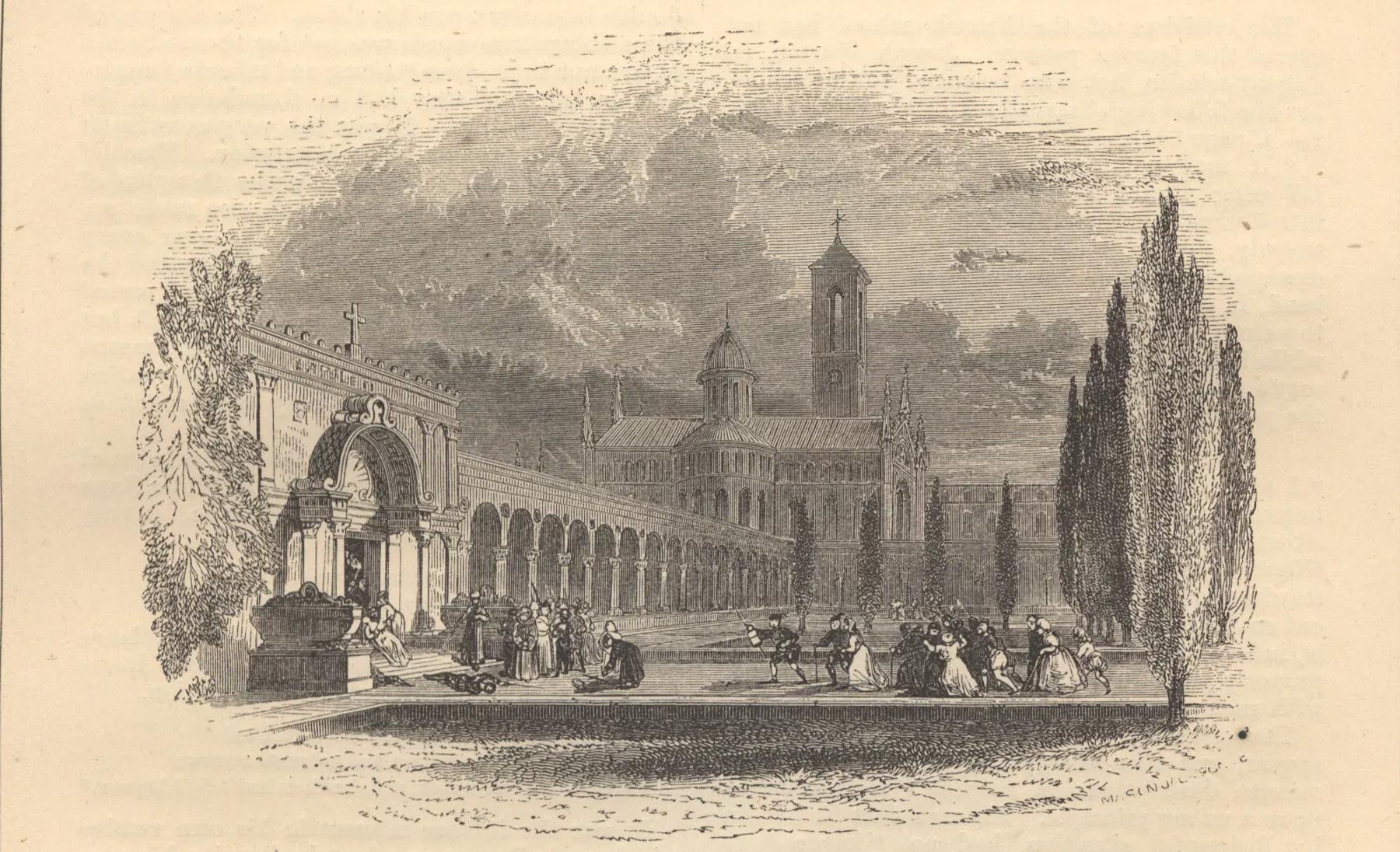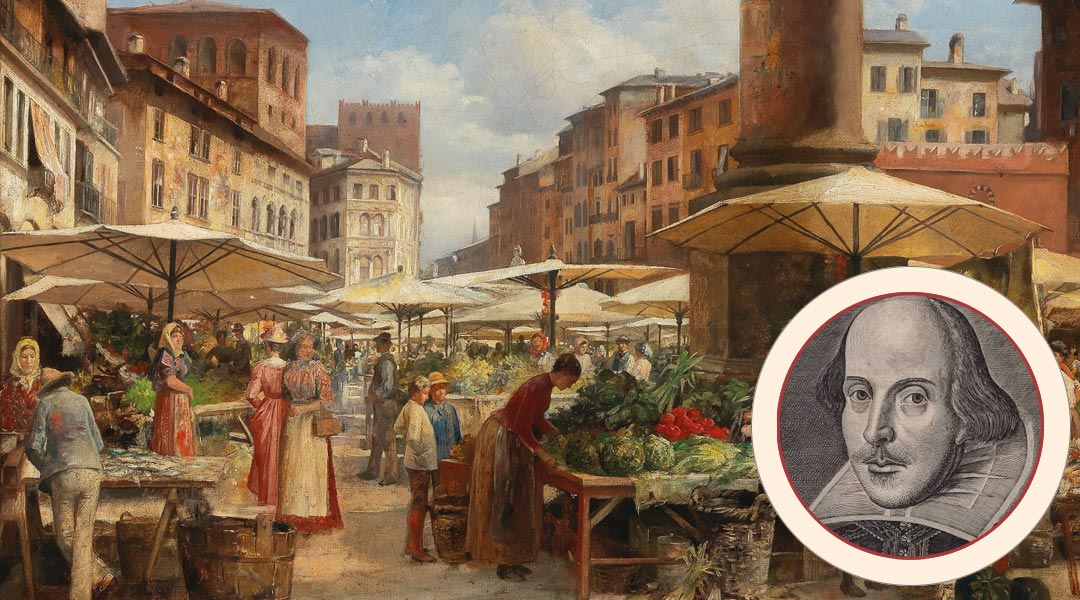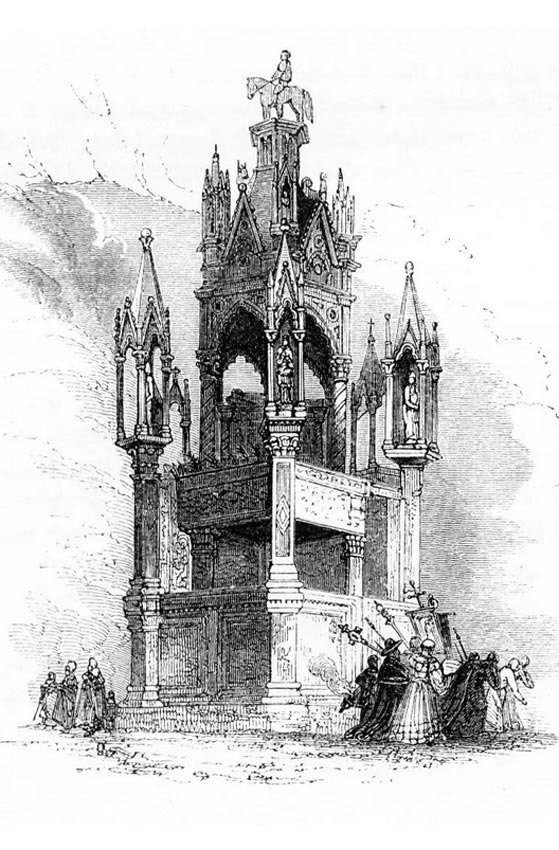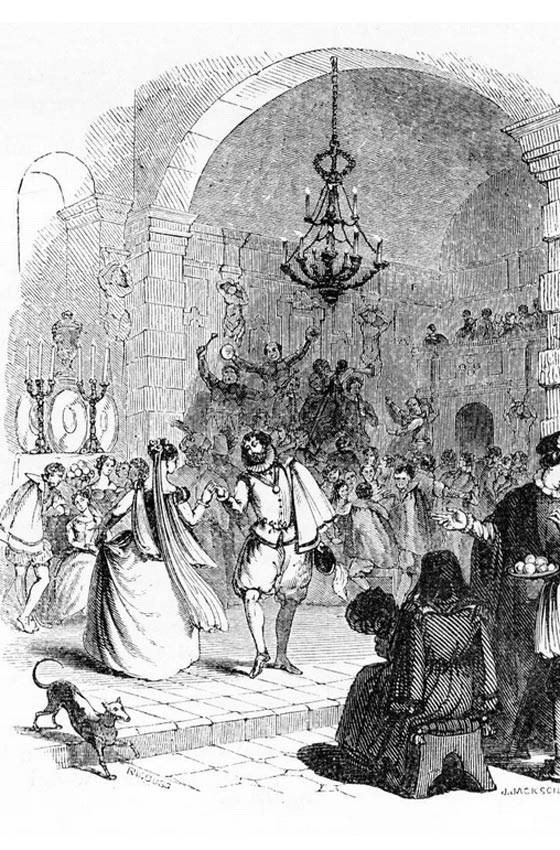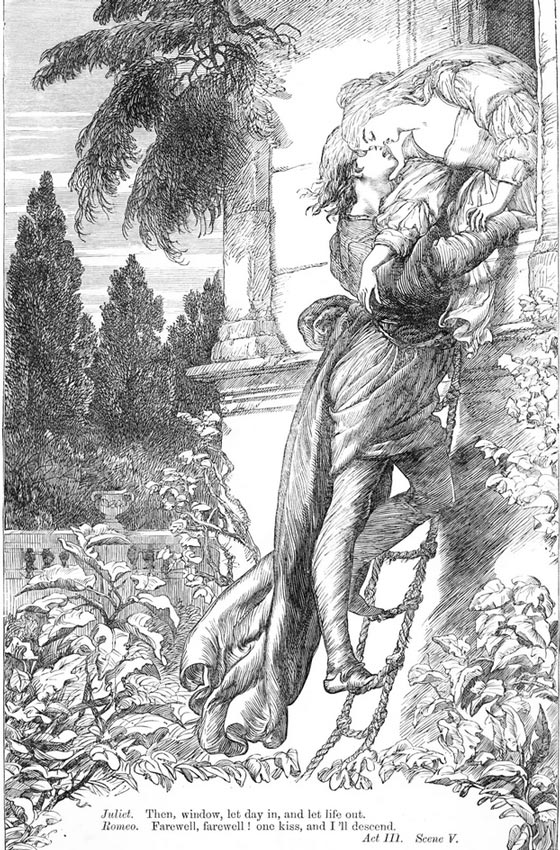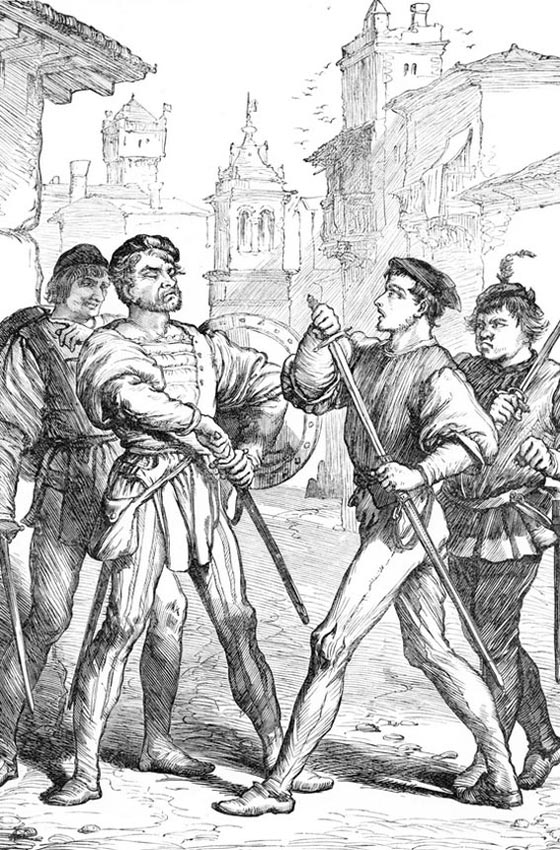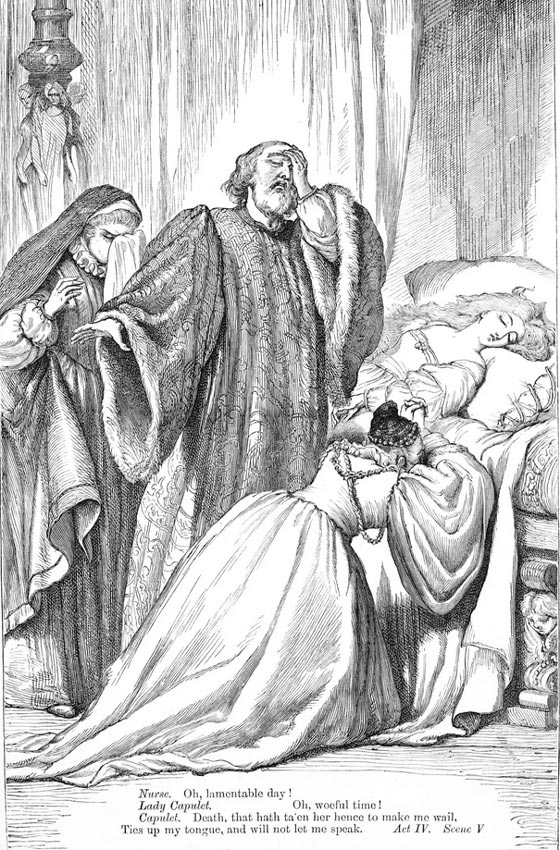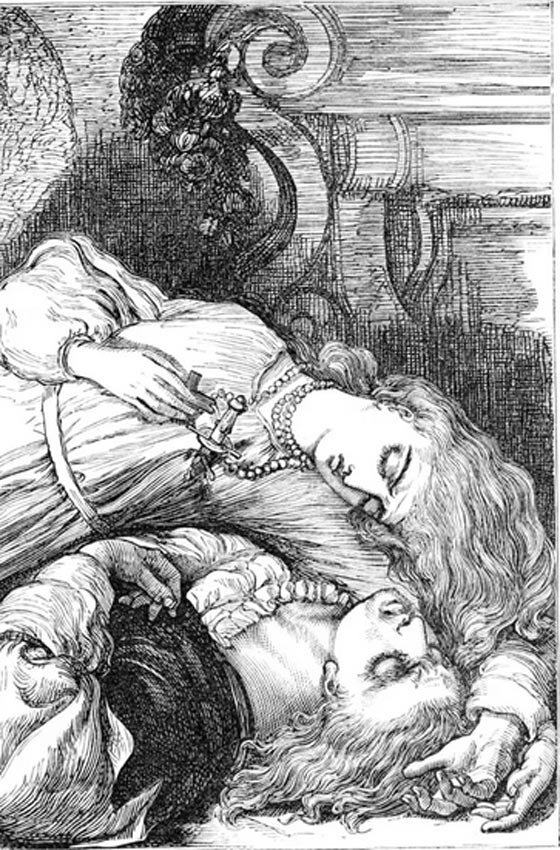Romeo and Juliet Workshop
9-14 NOVEMBER 2020
In response to the current travel restrictions, BePeriod will gather for another week-long online workshop, this time in Verona of Renaissance Italy. We will meet online every day of the week for three-hour sessions with intermissions. Each session will conclude with a practical exercise to be applied throughout the following day. Students’ verifications from this exercise will lay the ground for the following session.
Shakespeare’s works have deep roots. He drew from Ancient Greek and Roman plays, and Judeo-Christian myths, and wove them into theatrical dramas. We will use the key themes Romeo & Juliet as instruction and inspiration for self-study. Read more below…
1st Session – 9 November | 3pm & 8pm UTC
Shakespeare’s Romeo & Juliet
Introducing the form of tragedy. Social structure of Renaissance Italy in which the play is set. Writing style and metrical patterns. A closer examination of the form of a Sonnet. Examples in Romeo & Juliet.
Three key themes we will follow in this play:
- Generational Conflict
- Love, Death, & Rebirth
- The Influence of the Stars (or Fate)
We will study the Prologue of Romeo & Juliet, which introduces all three themes. The plot is driven by generational conflict. We will review the usage of generations in ancient texts as a notation of time and explore its equivalent manifestation in the micro-cosmos human being. We will conclude by setting a practical exercise to observe generations of ‘I’s throughout the following day.
Tomb of the Scaligeri, Verona
Man has no individual I. But there are, instead, hundreds and thousands of separate small I’s, very often entirely unknown to one another, never coming into contact, or, on the contrary, hostile to each other, mutually exclusive and incompatible. Each minute, each moment, man is saying or thinking ‘I.’ And each time his I is different.
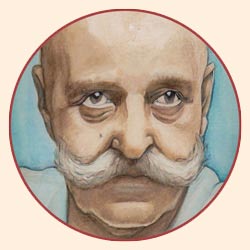
The ‘Measure’
2nd Session – 10 November | 3pm & 8pm UTC
Sex & its Role in Identification
We are never told what the Montagues and Capulets are fighting about or fighting for. However, Romeo, in his very first appearance on stage, leads us to the matter’s root: “Here’s much to do with hate, but more with love.” Unconscious man loves to hate. He defines himself through enmity. His enemies lend him identity. In the first act of Romeo & Juliet, the feud is expressed alongside much sexual innuendo, underscoring this point.
Romeo and Juliet are the two sole descendants of each house. The thirteen-year-old Juliet has not yet experienced love for the opposite sex, although she has reached the age in which her parents feel obliged to find her a match. Romeo, on the other hand, is presented as a lover so immersed in his affections that he cares little for the family feud. The hate that has run through the veins of their ancestors will now manifest between them in the form of love. Says Juliet, “My only love sprung from my only hate!”
We will employ some practical exercises to help us study the role of sex energy in our identifications.
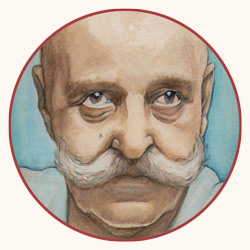
George Gurdjieff, In Search of the Miraculous
3rd Session – 11 November | 3pm & 8pm UTC
Heaven, Earth, and Underworld
Montagues and Capulets fight on the street. Juliet and Romeo confess their love on a balcony. The lovers tragically end in a tomb. Here Shakespeare features in Verona the three traditional levels that comprise a cosmos: balcony is heaven, street is earth, and tomb is the underworld. From this standpoint, the play of Romeo & Juliet becomes a study of the mysterious interactions between these three levels.
The balcony scene of Act II affirms this relationship openly. When Romeo looks up to Juliet’s balcony and notices her appearing, he says, “But soft, what light through yonder window breaks? It is the East, and Juliet is the sun.” The relation of the setting and rising sun to burial and resurrection comes from Ancient Egypt. It was introduced by Pythagoras to Greece, from where it then trickled into Greek myth and Christian symbology.
By this interpretation, Romeo and Juliet are prototypes of the masculine and feminine elements that must unite for the cosmos to reach unity. This is the key to resolving the age-old conflict between families in Verona.
Balcony Scene
Work of higher centers is very different from work of ordinary centers… In higher centers there are no positive and negative parts.
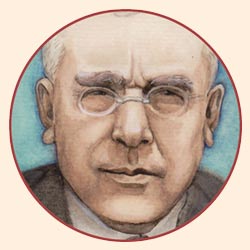
Fighting on the Street
4th Session – 12 November | 3pm & 8pm UTC
Exile
In Act III, the unfavorable influence of the stars steers our love story in a tragic direction. Tybalt kills Romeo’s friend, Mercutio. The incident seems more driven by hot temper than premeditated. Nonetheless, it corners Romeo into avenging his friend’s death. Romeo kills Tybalt and deepens the rift between the Montagues and Capulets, jeopardizing the chances they may ever approve of his marriage to Juliet.
The governor of Verona punishes Romeo with Exile. While seemingly a lighter verdict than death, Romeo feels the opposite: “Exile hath more terror in his look, Much more than death.” Exile is a form of death, in which the person banished must die to his former life, while remaining alive to suffer the consequences. We will study this common theme in Shakespearean plays and explore its inner significance.
The descent into the underworld is prefigured at the end of Act III, when Romeo spends his last night with Juliet before his exile comes into effect. As he climbs down from her balcony, Juliet says, “Methinks I see thee, now thou art below, As one dead in the bottom of a tomb…” This is the last time they will meet while alive.

George Gurdjieff, In Search of the Miraculous
5th Session – 13 November | 3pm & 8pm UTC
Death
The Friar attempts a desperate plan. He gives Juliet a potion that will make her seem dead. She must take it on the day of her wedding to Paris. After being left for dead in the tomb, the Friar will arrange that Romeo arrive to reclaim her when she comes back to life, and together the young couple will be able to escape to Mantua.
This deliberate death administered by a drink, with a promise of resurrection, echoes the Gospels. Jesus said to Peter, “Put your sword into the sheath. Shall I not drink the cup which My Father has given Me?” It also prophecies the tragic unfolding of Romeo and Juliet, because Romeo will end up dying by the cup (poison) and Juliet by the sword.
We will take advantage of this similarity and superimpose the two stories, to gain insight into their inner meaning.
Juliet Found Dead
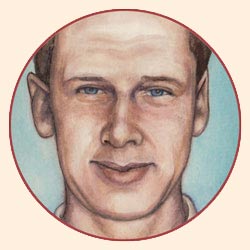
Romeo and Juliet in the Tomb
6th Session – 14 November | 3pm & 8pm UTC
Rebirth
By an unforeseen turn of events, the Friar’s plan fails. His messenger never reaches Romeo. Again the stars influence our lovers’ fate unfavorably. Romeo arrives at the tomb not knowing Juliet is asleep. Witnessing his beloved dead, he kills himself by drinking poison. Soon after, Juliet awakens to witness her deceased love. She kills herself with his dagger. This sacrifice is apparently the price it takes to finally resolve the age old Montague-Capulet conflict. As the two Patriarchs find their heirs in each other’s arms, deceased, the one tells the other, “O brother Montague, give me thy hand: This is my daughter’s jointure, for no more Can I demand.”
At what price can we break free from our age-old habits? What does it take to alter the way we perceive things, the way we relate to the world around us, and to ourselves? We will again superimpose the death of Romeo and Juliet onto the death of Jesus – the tomb, the visitations, the mistaken identities, and resurrection – to understand the price and method of real change.
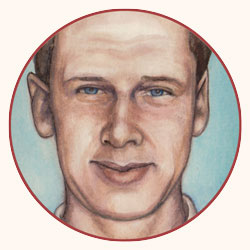
In the circle of the year tradition marks three major points – the festival of the midwinter solstice or Christmas, when all life is hidden and invisible; the festival of rebirth or Easter; and the festival of harvest. These three festivals are typified by the three stages of natural growth – root, flower and fruit – and in a very general way their intermediate periods represent, not only for plants, but for all living beings an ever-repeating cycle of gestation, ripening and reaping.
